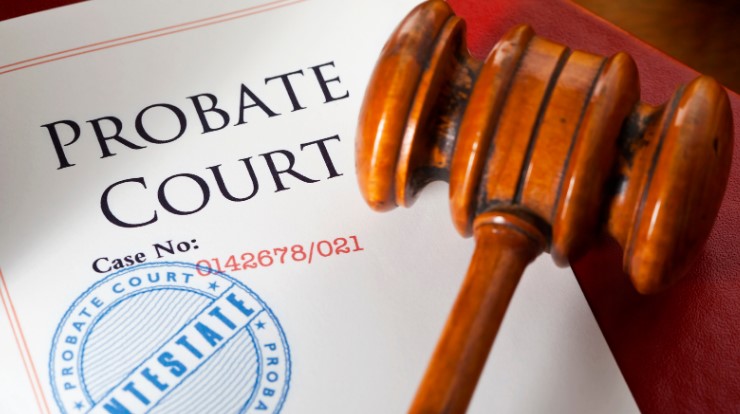Usually, people file probate because they hope to be awarded the deceased’s property. An exception occurs when a person dies and no family members can be found.
Probate cases are heard on Friday mornings by a probate commissioner assisted by judicial clerks. Before a hearing date is set, an initial petition must be filed.
Where Is the Court?
Las Vegas Probate Court steps in when there is uncertainty about a deceased person’s final wishes. The court pays the deceased person’s debts and then distributes their property to beneficiaries named in a will or trust or to the legal heirs under Nevada law. Probate is also necessary to change the legal ownership of a home or other real property when it is held in the name of a deceased person alone without a designation of beneficiary or right of survivorship.
The Probate Commissioner who serves as the judge on all probate cases initially and uncontested ones has his office (chambers) on the 10th floor of the Phoenix Building, 330 S Third St in Las Vegas. However, hearings are usually held at the Regional Justice Center, 200 Lewis Ave in downtown Las Vegas.
A person who is representing himself or herself in a probate case may access the court’s records through its online portal and records inquiry system. The online system allows you to search by a case number, party name or soundex (which searches names that sound like each other).
What Happens in a Probate Case?
Probate is the legal process of authenticating a deceased person’s last will and testament if there is one, locating assets, determining their value, paying final bills and taxes, and distributing the remainder to beneficiaries. Many people who have substantial assets arrange their affairs to avoid probate through trusts and payable on death beneficiary designations.
A petition for probate is filed with the court by the applicant for executor of the estate or by family members if the person died without a will. The petition must include the original will and a certified copy of the death certificate.
The judge at a probate hearing will decide whether to admit the will to probate and appoint the applicant as personal representative. The court will also issue letters testamentary to the executor indicating that they have authority to act on behalf of the estate. The court may also determine whether to allow heirs and creditors to challenge the validity of the will or estate.
How Do I Start a Probate Case?
Step 1: File a petition for probate with the appropriate county court. This must be signed and verified (the petitioner declares under penalty of perjury that the statements in it are true).
You should also prepare a list of assets, including how they are titled. Include an estimate of their total value. This will be based on information you obtain from documents such as bank statements, checks and investment account records.
If there is a Will, you must prove it is valid. You may need to get statements from witnesses who saw the testator sign the will at its execution. You must also give notice of the estate proceeding to anyone who might have a legal interest in it, such as beneficiaries named in the Will or heirs under state law (people who would inherit if there was no Will).
Some estates do not require probate, and you may be able to use a simplified process called an affidavit of entitlement instead. Check with your attorney for details.
What Happens in a Contested Probate Case?
The death of a loved one is emotionally trying enough, but it’s not uncommon for family members to contest the will during probate. This can make the process more complicated, lengthy and expensive for everyone involved.
A person who wants to contest a will must have a valid reason to do so. This usually means that there’s a reasonable belief the deceased individual wasn’t mentally competent when they signed the will, or that something was wrong with the signature on the document.
It’s also possible that a full probate proceeding is unnecessary. This can be the case when assets are in joint tenancy or have designated beneficiaries (such as retirement accounts) that transfer to other individuals by law without going through probate. A lawyer can help ensure that these types of assets are distributed properly without requiring the court to be involved. The person who files a petition to contest the will must submit it, along with the will and death certificate, to the probate judge within 30 days of the date of the person’s passing.

